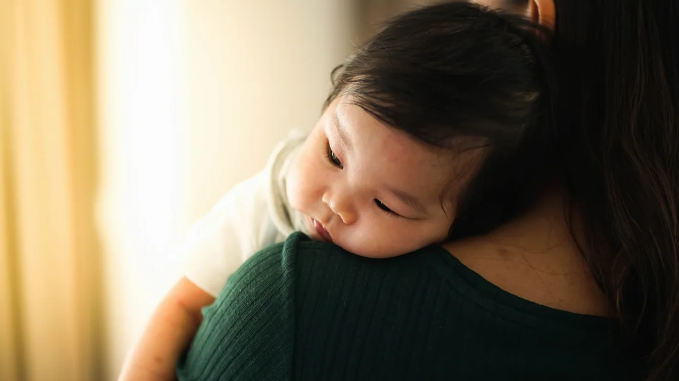Pandemic Policies and Economic Pressures Shift Parenthood Priorities
The stringent lockdown measures enacted during China’s zero-Covid policy era, such as the Shanghai lockdown in early 2022, have profoundly influenced decisions around parenthood. For Claire Jiang, a 30-year-old media professional, the intrusive nature of these measures was a turning point, leading her to abandon plans to have children in China.
The phrase “we are the last generation” gained traction online during the lockdowns, encapsulating a sentiment of disillusionment. For Jiang, this resonated deeply: “I don’t want my children to live in a place where the government can exercise such absolute control,” she explained.
A National Decline in Births
Demographers highlight that the pandemic has exacerbated declining birth rates globally. However, China’s zero-Covid measures—marked by reports of restricted access to food, healthcare, and forced quarantines—have had a unique and lasting impact.
UN projections suggest that China’s population may begin to decline as early as 2023, overtaken by India as the most populous nation.
Births in 2022 are expected to fall below 10 million, a historic low, following a 11.5% drop in 2021.
Alarming regional statistics reflect this trend: Henan province reported a 9.5% decrease in birth defect screenings in early 2022, while some cities recorded double-digit declines in new birth certificates.
Structural and Cultural Challenges
Beyond pandemic-induced anxieties, longstanding issues compound China’s demographic challenges. Despite the relaxation of the one-child policy in 2015 and initiatives such as tax benefits and housing subsidies, deep-rooted societal and economic factors deter parenthood:
High Costs: Education and childcare expenses remain prohibitively expensive.
Gender Inequality: China ranks 102nd out of 146 countries in gender equality, with rigid societal expectations placing a heavier burden on mothers.
Work Culture: Long working hours and low wages dissuade many young women from prioritising family over careers.
Jiahui Wu, a 25-year-old financial analyst, encapsulated this sentiment: “Society expects so much from mothers. It’s easier to excel as a father. I’d rather focus on my career.”
Demographic Decline Looms
China’s fertility rate stood at 1.16 in 2021—well below the 2.1 needed for population stability. Although measures to encourage childbirth have been introduced, experts like demographer Yi Fuxian warn they are insufficient. Yi estimates Covid-related disruptions will result in one million fewer births across 2021 and 2022, with further declines expected in 2023.
As China grapples with the aftermath of its zero-Covid policies, the effects on family planning and societal dynamics underscore a looming demographic crisis.








